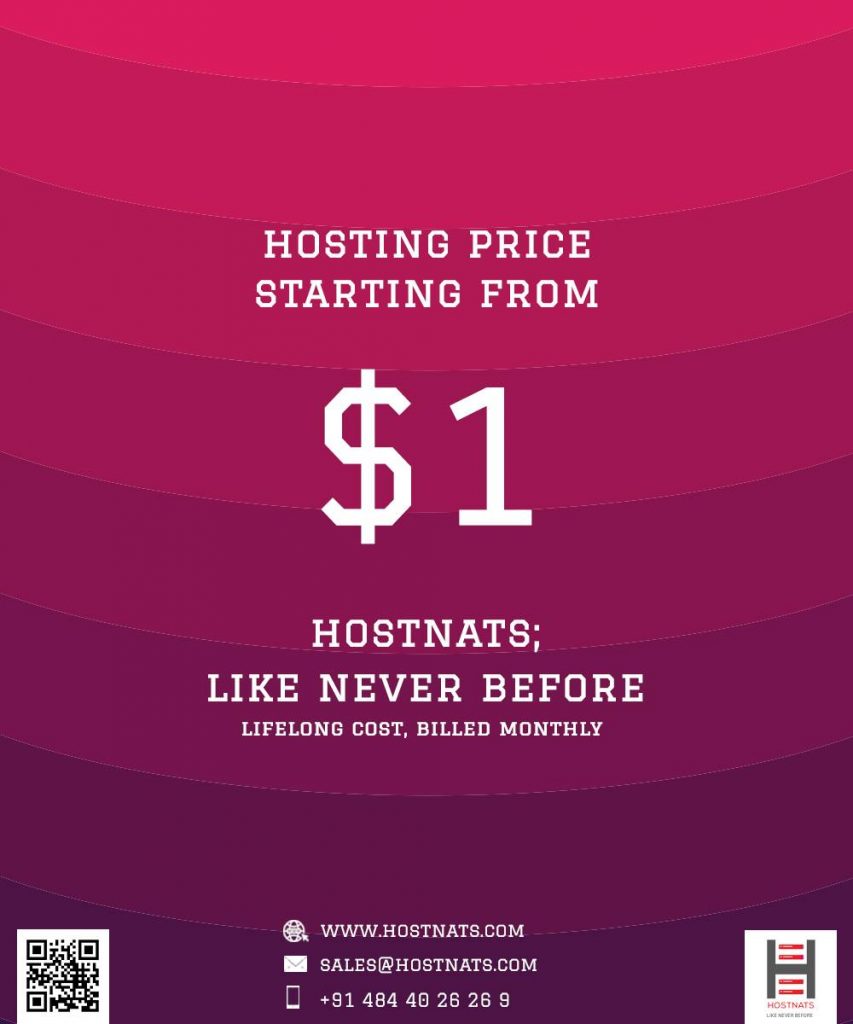Most small companies may benefit from shared hosting, where a single computer serves as the host for several websites. It’s a great option for small businesses since it’s low-cost, handy, and loaded with all the features you could possibly want.
It’s easy to uncover misinformation regarding shared hosting on sites like Quora and Reddit. Our topic today will be to clear up some misunderstandings and break a few myths.
Things You Don’t Know About Shared Hosting
Because of misinformation they’ve heard from a coworker or seen online, many small company owners choose to forgo shared hosting in favour of a more costly option.
The most prevalent misunderstandings regarding shared hosting will be discussed in this section. Even if you decide against shared hosting after reading this, at least you’ll be doing it for good reasons and not because of rumours floating around the internet.
Myth #1: Free Hosting Is the Same as Shared Hosting
As a newcomer to the world of web hosting, the availability of free hosting might be a bit of a conundrum. When it comes to free hosting, you’ll almost always find shared hosting, but this doesn’t imply that all shared hosting is cheap or free.
It’s a no-brainer that you should not take advantage of free shared hosting.
Even if something seems to be free, there’s generally a catch. Free hosting necessitates that the service provider find a way to make money. Instead, you’ll have to put annoying advertising on your site that bring you no revenue.
In addition to a lack of uptime assurances and poor customer support, free hosting is sometimes accompanied by other drawbacks.
A few dollars extra per month will get you a lot more features with a full-featured shared hosting package than with free hosting. The adverts and co-branding that display on a free-hosting website are a big no-no for small businesses.
Myth #2: Shared Hosting Lacks Scalability
A common misconception regarding shared hosting is that it does not scale well.
People assume that as soon as their company expands even a little, they’ll run out of hosting resources on a shared hosting plan. When it comes to web hosting, there is the risk that you will be unable to operate your site due to a lack of storage, RAM, or bandwidth.
For the most part, shared hosting can be easily scaled. For those who wish to develop their website and their company, the leading providers provide a variety of managed shared hosting services. If you’re just starting out, you may start with the cheapest shared hosting plan and upgrade as your company and website expand.
Myth #3: Shared Hosting Is Not Secure
You’ve probably heard that compared to other hosting options, shared hosting isn’t very safe. Shared hosting isn’t based on a lack of security, but rather on the use of enterprise-level servers. Server firewalls, monitoring, and intrusion detection are common features in shared hosting plans. There are a number of other services that can be taken advantage of by site owners in order to keep their site safe, such as DDoS attack protection and network monitoring.
Is it possible that more costly hosting is more secure? Yes, if you have the skills and experience to take a more hands-on approach to website security, but if you don’t, choosing a managed VPS hosting package might result in a less secure site than on a well-managed shared hosting provider.
Myth #4: With Shared Hosting, You Can Expect Downtime
Common knowledge holds that frequent outages are a drawback of shared hosting. Contrary to popular belief, shared hosting is almost always a safe option.
With 99.9% uptime guarantees, the finest shared hosting services deliver on their promise of reliability. You’ll be able to get in touch with a customer service representative at any time if you encounter any problems.
Even the finest service providers have service issues; what sets them apart from the others is how they react.
An inability to swiftly resolve issues is frequently the cause for your website being down for longer than it should be with free hosting or a service handled by a less reputable supplier.
Because of this, a well-managed shared hosting business will utilise servers that are constantly monitored. An automatic move to redundant systems or similar corrective measure will guarantee that your site is back up before your clients ever notice there was a problem with a webserver hardware or connectivity. difficulties.
Even though low-end shared hosting is known to have frequent downtime, shared hosting is not the culprit. Insufficient server management and upkeep is to blame for the issue.
Know the Truth: Shared Hosting Is Scalable, Secure, and Reliable!
Shared hosting is unfairly maligned because of fallacies about its insecurity, reliability, and ability to expand with your company. It is now clear to you.
Scalable, safe and trustworthy are just a few of the advantages of shared hosting.
By doing some study, entrepreneurs can find out more about how to choose the right web host. The following are some of the things to look for in a provider:
- Reviews that are positive
- Service that’s been recognised with awards
- Guarantees of uptime
- BBB Recognized rating system and blog
- Support for a variety of languages
Even though many small company owners are deterred from using shared hosting because of the falsehoods outlined in this article, there are legitimate reasons why some site owners choose for a hosting package that includes access to a dedicated server.
It’s not a myth that with shared hosting, there are small limits on access to server resources and restrictions on the apps you may execute. In most cases, however, they aren’t obstacles to having a beautiful, fast website.
Shared hosting is the best option for most small company owners, as it provides a safe, trustworthy base for their website that can expand with their business!


